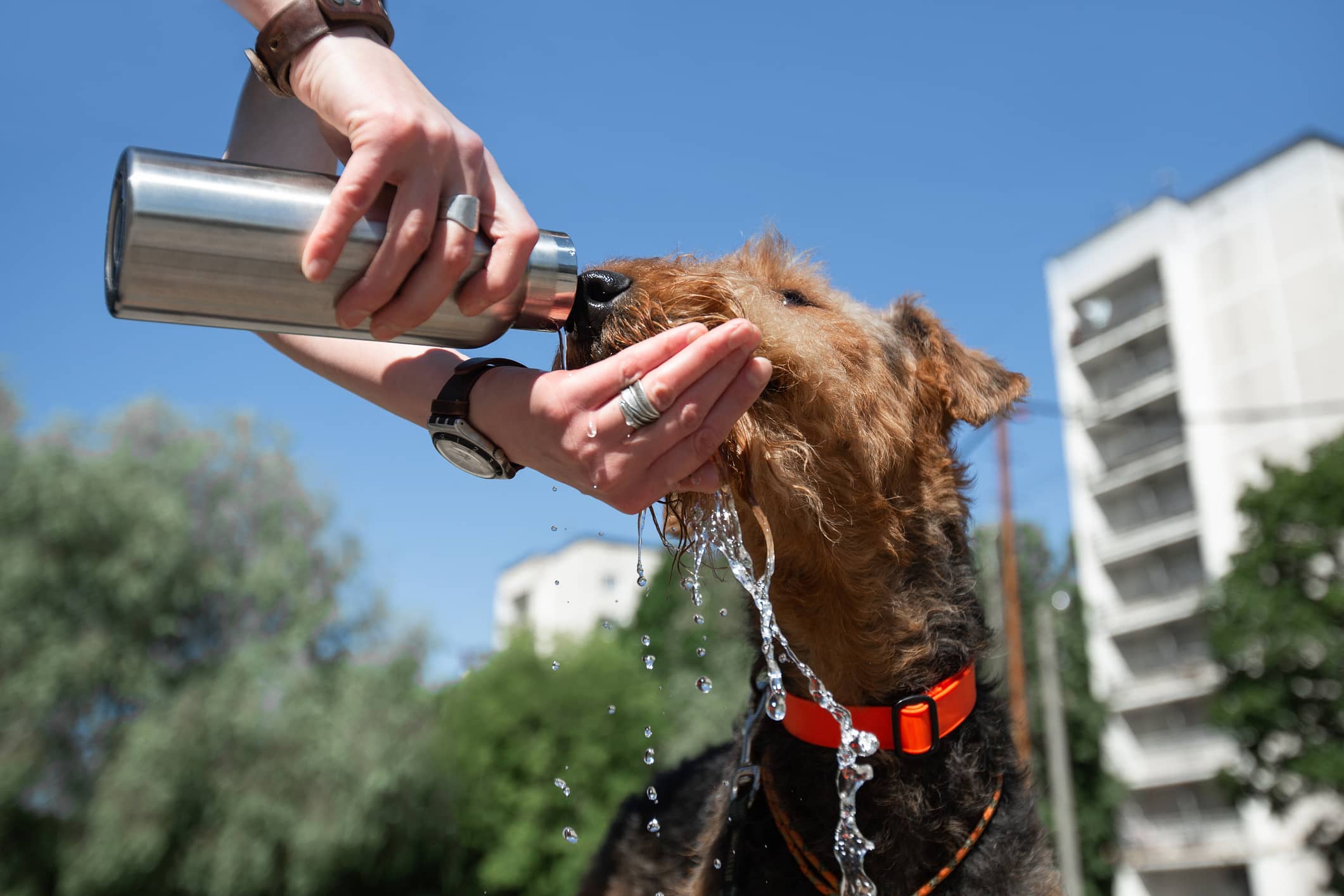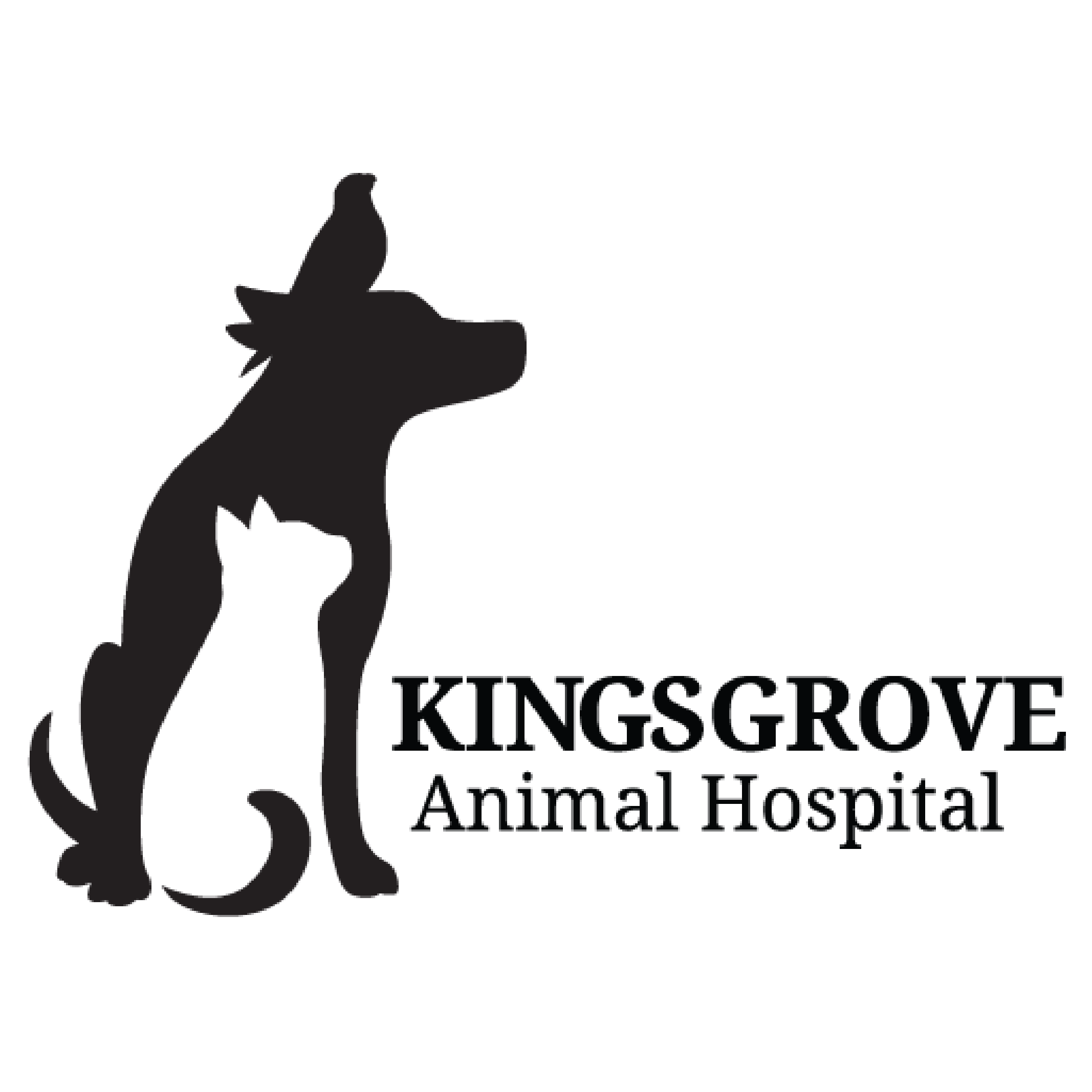
20 Sep Warning Signs of Dog Dehydration & What to Do

Warning Signs of Dog Dehydration & What to Do
Watching your dog show less enthusiasm for their usual water bowl can be concerning. As a pet owner, recognising the subtle shifts in your dog’s habits, especially their drinking patterns, is crucial. Dehydration in dogs can escalate from a mild issue to a severe health threat quickly, so understanding and identifying the signs early can help you take the necessary steps to ensure your pet’s well-being.
So how can you tell if a dog is dehydrated? There are several signs to watch for including dry gums and tongue, loss of skin elasticity, sunken eyes, panting and dry nose, lethargy, loss of appetite, and thick saliva.
Symptoms and warning signs of dehydration in dogs
Dehydration happens when your dog doesn’t have enough water in their body. It can be dangerous, so it’s important to recognise the signs early. Here are some symptoms to watch for:
- Dry gums and tongue: If your dog’s gums or tongue feel sticky or dry instead of moist, it could mean they’re dehydrated.
- Loss of skin elasticity: A quick way to check is to gently pinch the skin on your dog’s back or neck. In a hydrated dog, the skin snaps back quickly. If it stays “tented” or takes a while to go back, that’s a sign of dehydration.
- Sunken eyes: Dehydrated dogs might have eyes that look sunken or less bright than usual.
- Panting and dry nose: Excessive panting and a dry nose can also be warning signs.
- Lethargy: If your dog seems unusually tired, weak, or unresponsive, they could be dehydrated.
- Loss of appetite: A dog that stops eating may also be showing signs of dehydration.
- Thick saliva: Dehydrated dogs may have thick or sticky saliva.
How to treat dog dehydration at home
1. Recognise the Signs of Dehydration
Before you begin treatment, ensure that dehydration is what you’re dealing with. Symptoms might include:
- Dry, sticky gums
- Lethargy or depression
- Loss of appetite
- Sunken eyes
- Dry nose
- Excessive panting
2. Provide Clean Water
Always have a clean, fresh bowl of water available for your dog. Encourage them to drink small amounts but frequently. If they are not keen on drinking water, you can try offering them ice cubes to lick.
3. Oral Rehydration Solutions
If plain water isn’t doing the job, you can use an oral rehydration solution. These are specifically designed to replace fluids and minerals that a body loses during dehydration. You can find these solutions at pet stores or a vet’s office. Make sure to follow the mixing directions on the package accurately.
4. Encourage Water Intake
If your dog is reluctant to drink, you can encourage fluid intake by flavouring their water with a little chicken or beef broth. Ensure these are low in sodium and don’t contain onions or garlic, which are harmful to dogs.
5. Monitor Water Intake
Keep track of how much water your dog is drinking. A good rule of thumb is that dogs should drink approximately one ounce of water (⅛ of a cup) per pound of body weight each day. Adjustments might be needed based on their activity level, the weather, and their overall health.
6. Diet Adjustments
Provide a bland diet, such as boiled chicken and rice, which can be easier on your dog’s stomach and more appealing. This can also help provide some hydration, as the food is moist.
7. Avoid Chilled Water
Avoid giving your dog very cold water, as this can shock their system. Room temperature water is best.
8. Monitor Your Dog’s Condition
Keep a close eye on your dog. If the symptoms of dehydration persist or if your dog refuses to drink, it’s crucial to contact your veterinarian immediately. Dehydration can be a symptom of a serious underlying condition.
When to seek vet care for dog dehydration
1. Persistent Symptoms
If your dog continues to show signs of dehydration despite your efforts to rehydrate them at home, such as offering water or an oral rehydration solution, it’s a clear sign that professional help is needed.
2. Worsening or Severe Symptoms
If your dog exhibits severe symptoms of dehydration, such as very dry mouth, sunken eyes, and extreme lethargy, or if the condition seems to be worsening, immediate veterinary care is necessary.
3. Refusal to Drink
If your dog hasn’t drank any water for over 24 hours, this can quickly become life-threatening. Veterinary intervention can provide fluids intravenously or subcutaneously.
4. Accompanying Vomiting or Diarrhoea
If dehydration is accompanied by vomiting or diarrhoea, this can lead to a rapid loss of fluids and electrolytes, making the situation more severe and requiring professional treatment to manage both dehydration and its underlying causes.
5. Underlying Health Issues
Dogs with pre-existing conditions such as kidney disease, diabetes, or other health issues may not be able to tolerate even mild dehydration and need more aggressive treatment than healthy dogs.
6. Young Puppies and Older Dogs
Very young or old dogs are more vulnerable to the effects of dehydration and may not have the physical reserves to cope with it. They need prompt veterinary attention if they show any signs of dehydration.
7. No Improvement
If there’s no noticeable improvement in your dog’s condition after a few hours of home treatment, it’s best to seek veterinary care. They may need more aggressive treatment to recover.
8. Uncertainty about the Severity
If you’re unsure about the severity of your dog’s dehydration or how to handle it, it’s always safer to consult with a vet. They can provide guidance based on your dog’s specific symptoms and condition.
Frequently asked questions
How do you rehydrate a dog?
To rehydrate a dog, ensure they have access to fresh, clean water at all times. Encourage them to drink by providing small amounts of water frequently. You can also use an oral rehydration solution made for pets, available at pet stores or vet clinics, which helps replace lost fluids and electrolytes more effectively than water alone. If your dog isn’t interested in drinking, you can try flavouring their water with a bit of low-sodium chicken or beef broth.
Will a dog poop if dehydrated?
Dehydration can cause a dog to poop less frequently. This is because dehydration leads to a loss of moisture in the intestines, making the stool harder and potentially causing constipation. If you notice changes in your dog’s bowel movements and suspect dehydration, it’s essential to address the hydration issue and consult a vet if the problem persists.
Will a dog still pee if dehydrated?
Yes, but less frequently. When dehydrated, a dog’s body retains as much fluid as possible, which results in less urine production. The urine may also appear darker than usual or have a stronger odour, indicating that the dog needs more fluids.
How quickly can a dog rehydrate?
The speed at which a dog can rehydrate depends on the severity of the dehydration and how it’s being treated. If given adequate water or an oral rehydration solution, mild dehydration can often be resolved within a few hours. Severe dehydration might take longer to address and typically requires veterinary intervention, such as IV fluids.
What do dogs' eyes look like when dehydrated?
When a dog is dehydrated, their eyes may appear sunken and lack their usual lustre. The area around the eyes can look more drawn. These signs are a cue to step up hydration efforts and possibly seek veterinary care if they are part of broader symptoms of illness.
How do you hydrate a dog that won't drink?
If a dog refuses to drink, you can try several strategies:
- Flavor their water: Adding a splash of low-sodium broth can make drinking more appealing.
- Offer wet food: Canned dog food or soaking dry kibble in water can help increase fluid intake.
- Use ice cubes: Some dogs enjoy licking or chewing on ice cubes, which can also help them hydrate.
- Oral rehydration solutions: These can be more enticing than water and are effective at restoring hydration.
- Seek veterinary help: If your dog consistently refuses to drink, consult your vet, as this could be a sign of a more severe issue.
Make sure your dog receives the care they need at Kingsgrove Animal Hospital
Dehydration in dogs is a serious issue that can escalate quickly if not addressed. Being familiar with the signs of dehydration, knowing how to rehydrate your dog, and understanding when it’s time to seek professional help are all crucial elements in ensuring your dog remains healthy and hydrated. Remember, prompt and appropriate action can make all the difference.
If you’re concerned about your dog’s hydration status, or if they’re showing signs of severe dehydration and home remedies aren’t helping, it’s important to seek professional veterinary care. For those in the Kingsgrove area, consider reaching out to Kingsgrove Animal Hospital. You can either call to speak directly with a veterinary professional or book an appointment to ensure your dog receives the care they need. Taking swift action can help prevent complications and get your beloved pet back to feeling their best.
Book a vet appointment here or call (02) 9789-6648.





Sorry, the comment form is closed at this time.